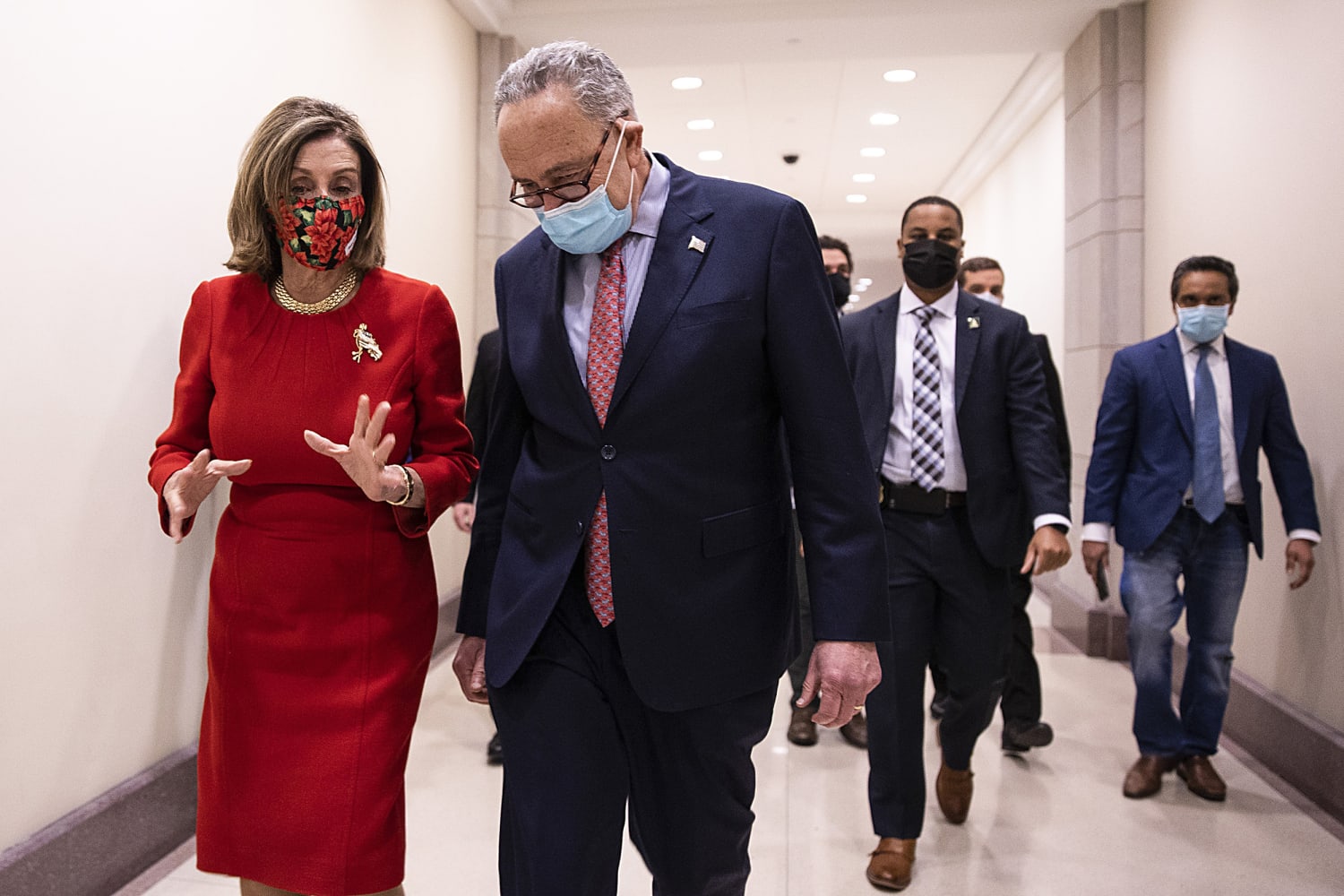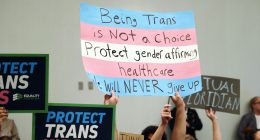Congress is expected to vote later Monday on a massive Covid-19 relief package and government funding bill, its second effort to provide direct aid to Americans struggling during the pandemic.
Congressional leaders struck a deal on nearly $900 billion in Covid-19 relief late Sunday, including a new round of direct payments and unemployment benefits for Americans, families and businesses struggling in the pandemic.
The agreement includes stimulus checks of up to $600 per person for individuals earning $75,000 per year and married couples who earned up to $150,000, with an additional $600 for each dependent under 18 living in the same household.
It also extends unemployment insurance and federal unemployment insurance — $300 per week —and over $284 billion more in loans for businesses struggling to pay rent and workers, $69 billion in testing and vaccine distribution funds, and $82 billion in funding for colleges and schools.
Lawmakers had been at loggerheads over a relief package for months as Covid-19 cases and deaths continued to rise amid the holiday season and many Americans and small business owners are in dire financial straits. A recent study by The Center on Poverty and Social Policy at Columbia University, for example, found that if direct unemployment aid is not extended, poverty rates will rise by 5 million people in January.
Both parties hammered out a deal that includes many of their top priorities. For Democrats, that includes an extension of the eviction moratorium and targeted funding for under-represented groups, like Native American and minority communities. House Republicans meanwhile pointed to limits put in place on benefits for undocumented immigrants and food stamp payments as wins.
The legislation does not include hundreds of billions of dollars for states and localities for Medicare, or relief for teachers and first responders who have come under financial distress during the pandemic. Republicans pushed for liability protection from Covid-19-related lawsuits for businesses, universities, and health care centers, but that was also left out.
President Donald Trump is expected to sign the bill later this week. However, because the 5,600-page bill is one of the largest, and government funding runs out at midnight, lawmakers are tacking on a seven-day Continuing Resolution to avoid a shutdown.
Source: | This article originally belongs to Nbcnews.com











